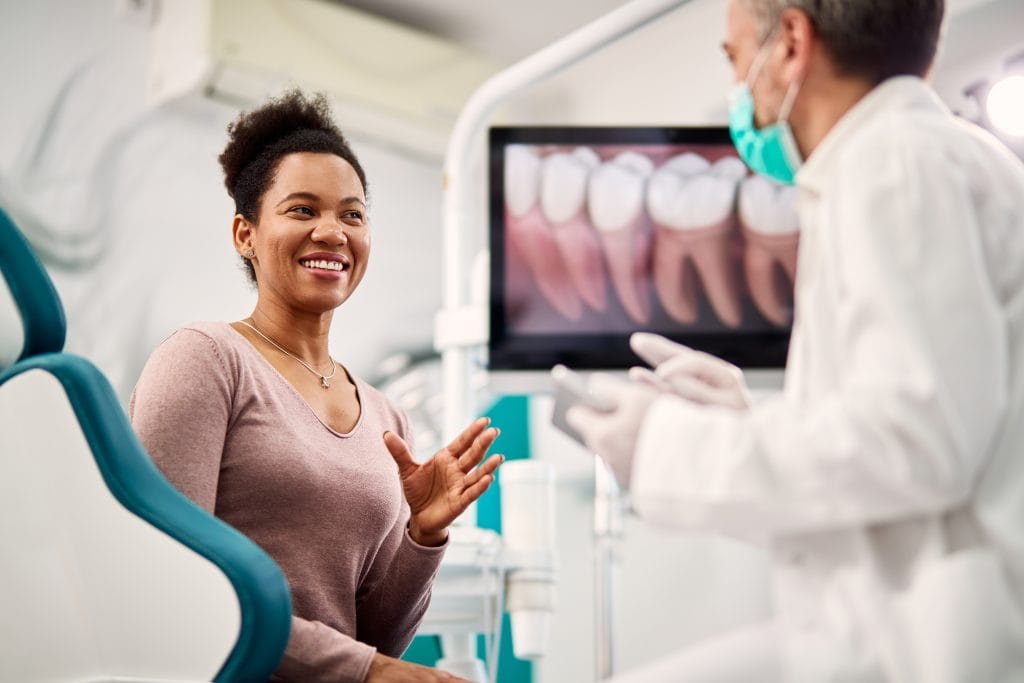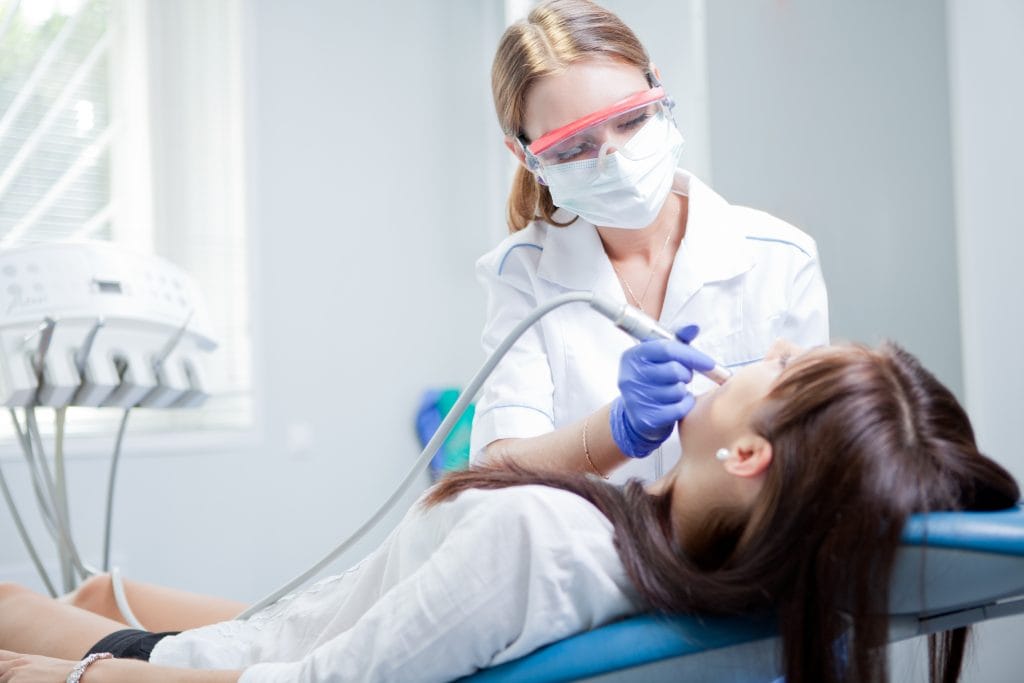Last updated on November 28th, 2025 at 07:12 pm
Last updated on November 4th, 2025 at 07:08 pm

Dental Staff Management: When to Train Staff & How to Monitor Staff Production When You’re Busy with Patients
Q: Any suggestions on when to do staff training?
Time for staff training should be worked into your office schedule on a weekly basis, usually just before or after normal production hours. The length of time that you dedicate to staff training depends on you and what you want to achieve, but you should start with at least an hour every week. Naturally the more time you invest in staff training, the more efficient and productive your team is going to be.
During this period, you can address any points that need to be corrected and/or improved on with your staff. They can pair up and practice asking for referrals, how to answer the phones, customer service, and so on.
On the other hand, a new staff member (e.g. a financial coordinator, scheduler, receptionist, etc.) would need intensive training after they are hired. For this, written policies or manuals related to their specific jobs and how they fit in with the rest of the practice are important for a new employee. They should also apprentice under another experienced staff member to learn how to translate what they’ve studied into the real world.
I always tell MGE clients that staff training is essential to practice growth and profitability. Why? A lot of doctors out there don’t take the time to train their staff, so they end up hiring more staff to make up for the inefficiency and inadequacy of the staff they already have. By setting aside a regular time for training every week, you create a team that is more on the ball as well as keep your overhead down by not needing to hire more people.
(Related: 4 Tips for Hiring Great Front Office Staff)
Q: What can I do to monitor productivity when I am busy with patients?
In order for your practice to expand, there has to be an executive in charge of day-to-day operations. Interestingly enough, a dentist is in a unique position because they work in two capacities: business owner and main producer in their practice. The problem is: you can’t effectively perform both roles at the same time.
Therefore, at MGE we recommend that you have an office manager who is trained as an executive to monitor staff and office production. The office manager essentially runs the business side of the practice and makes sure that your staff are doing their jobs. An OM is not just a glorified front desk person; they take responsibility for the overall financial volume and solvency of the office.
This way, you can stay chairside and the office still runs the way you want it.

